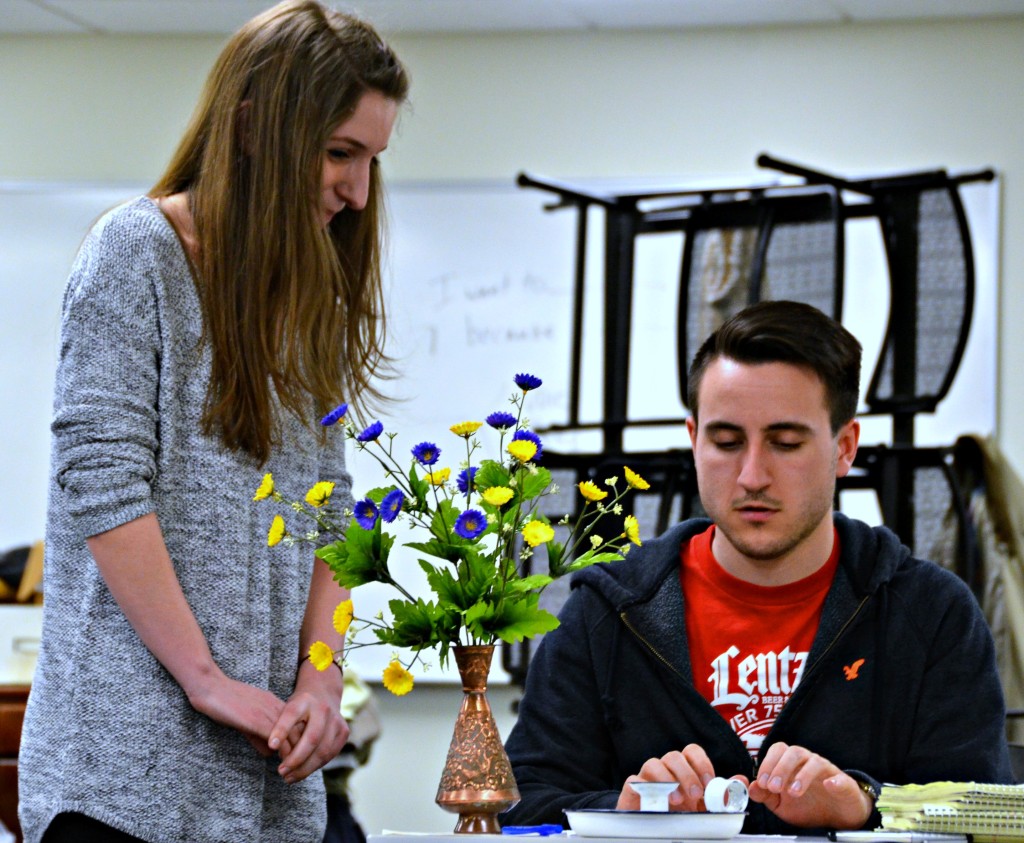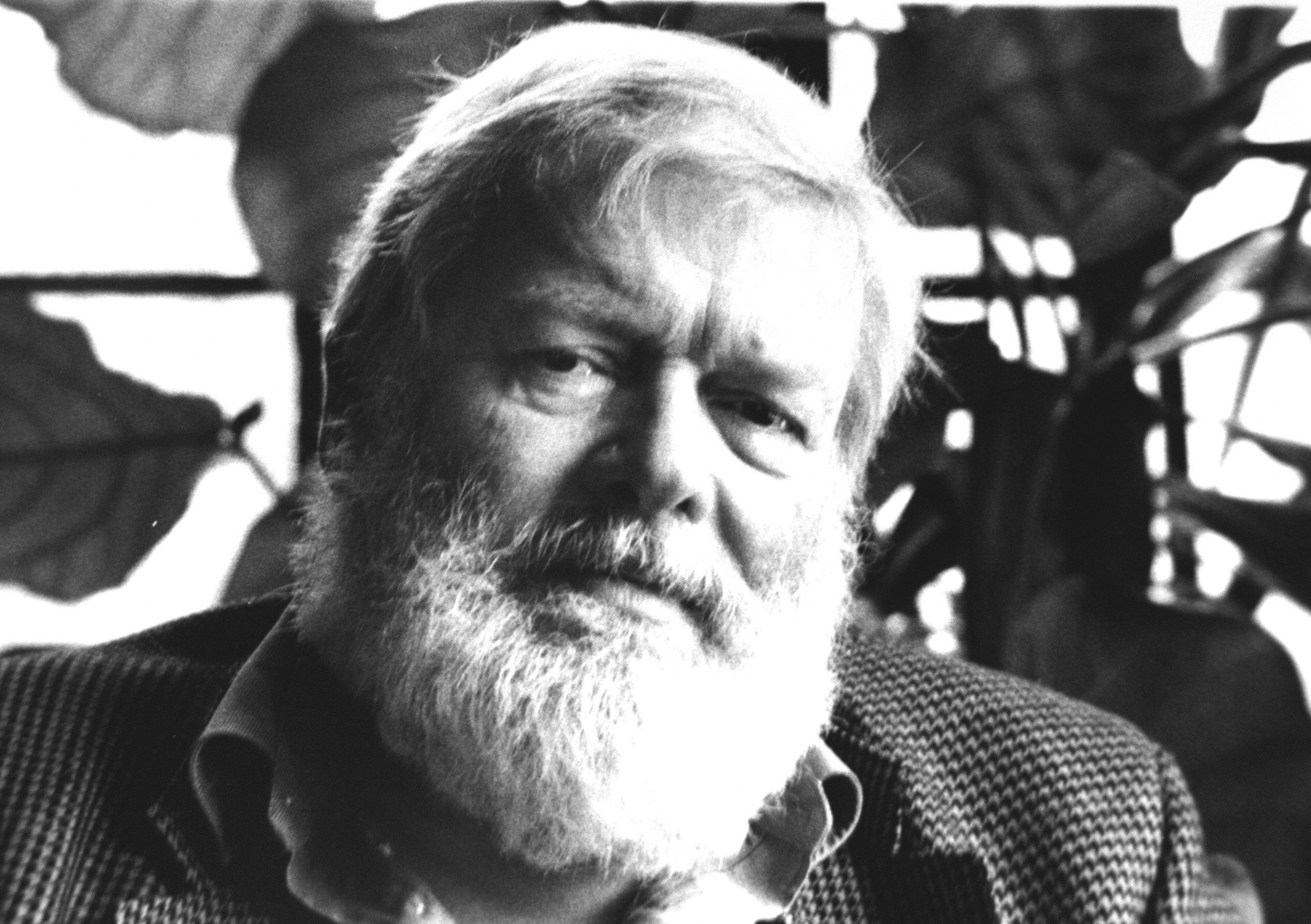That’s the Irish People all over—they treat a serious thing as a joke and a joke as a serious thing.
—Seumas Shields
People make assumptions about poet Donal Davoren. When he takes up lodging in the flat of friend Seumas Shields in the Dublin slums, the other tenants make a rash assumption. They assume he is a gunman for the Irish Republican Army, and at a particularly turbulent time—1920, during the War of Independence. It’s a charade Davoren is happy to play out, especially since it helps him woo and win another tenant, the winsome Minnie Powell.
Plays about mistaken identity are often played for laughs. Sometimes this one is. But Irish playwright Sean O’Casey doesn’t let the audience off that easily.
“Shadow of a Gunman” is the first play in O’Casey’s Dublin trilogy. It makes its debut courtesy of Philadelphia’s Irish Heritage Theatre Dexter April 10-26 at the Skybox at the Adrienne, 2030 Sansom Street in Center City. Dexter Anderson plays the title character. Peggy Mechum and John Gallagher direct.
All of the action takes place in Shields’s tenement flat. On a practical level, this makes the play easier to present, says producer Armen Pandola.
“It’s easier for the set designer,” he explains. “There’s not a lot of set changing going on.”
On another level, concentrating the action to one room was part of O’Casey’s modus operandi. “O’Casey was a big believer in time and place. It all takes place in one time and in one place.”
That one place, a room in a tenement, happens to be situated amid a sea of violence and discord. It was a time of revolution, a time when nationalists struggled to regain their own country by force of arms—and a time when almost anyone who was Irish, regardless of their loyalties, could be stopped, humiliated, brutalized, put away and possibly killed by paramilitaries acting on behalf of the British government.
“Shadow of a Gunman” focuses on those caught in the crossfire. “O’Casey had a very different view of the revolution,” Pandola says. “It was the people who suffered for it.” In this sense, everything that transpires in that one room encapsulates all of the suffering into one place and one time.
As with any play featuring Irish characters, American-born actors face a difficult challenge—how to actually sound Irish without crossing the line into territory. PR Director Kirsten Quinn has a lot of useful tips as she coaches the actors, but one in particular is particularly interesting: “If you imagine putting a cork in your mouth and talking around the cork … that’s Irish. “You don’t want to sound like a leprechaun. This is a standard Dublin dialect.”
Listening to the actors rehearse one night last week in a long, mirrored room cluttered with chairs, it’s clear that they’re “getting it.”
You’ll hear more Irish accents as the months go on. The next two plays of the trilogy are yet to come: “Juno and the Paycock” in the fall, and “The Plough and the Stars” next spring, to coincide with the 100th anniversary of the 1916 Easter Rising.
“Shadow of a Gunman” wasn’t exactly “The Sound of Music” when it debuted at the Abbey Theatre in 1923. “It was a huge risk for him (O’Casey) to put up this material,” notes Pandola. And ”The Plough and the Stars” touched off something of a riot.
This is gritty stuff, and it does a pretty fair job of playing with your emotions. For all of its gentle humor, “Shadow of a Gunman” grabs you by the throat toward the end. Don’t miss it.


